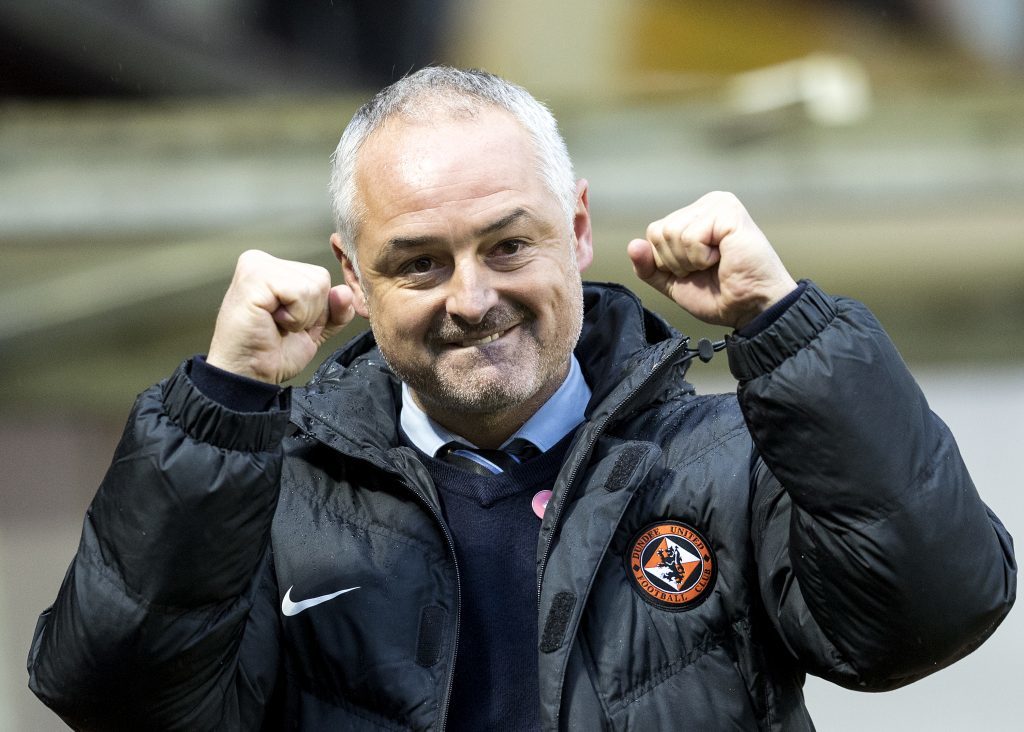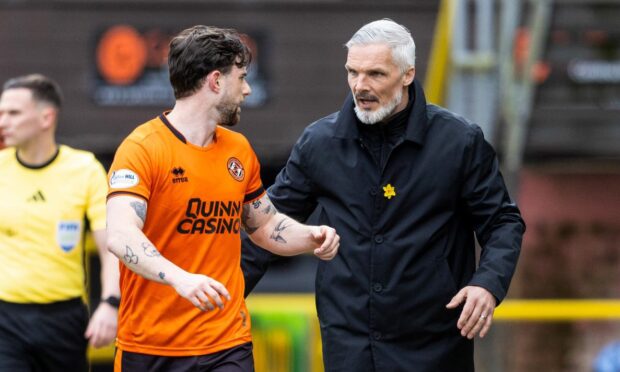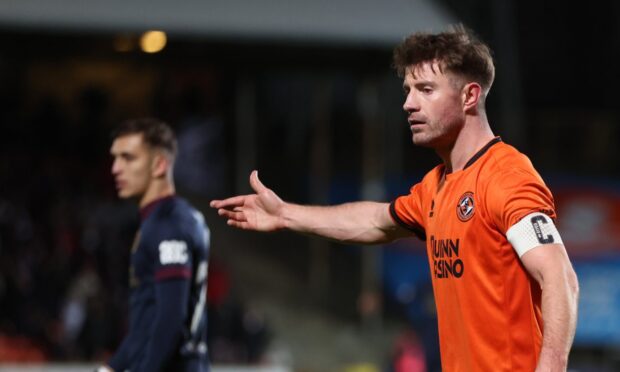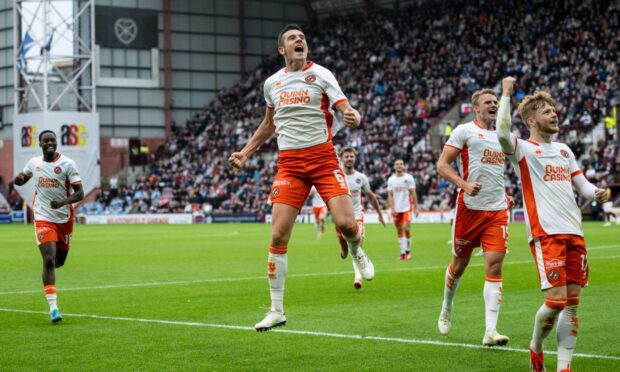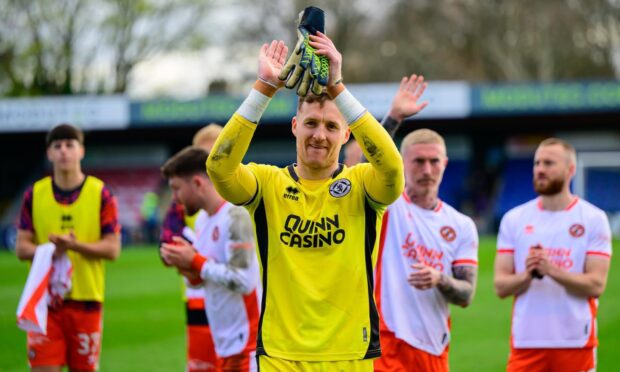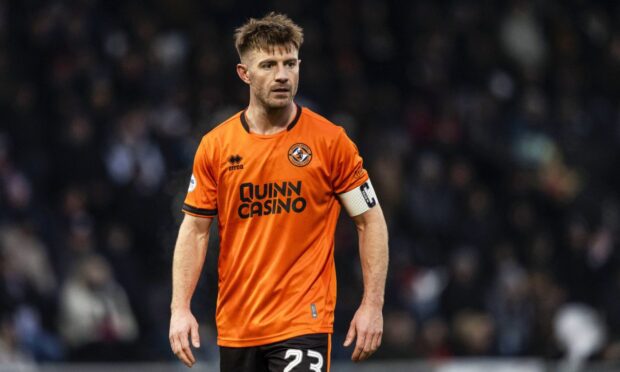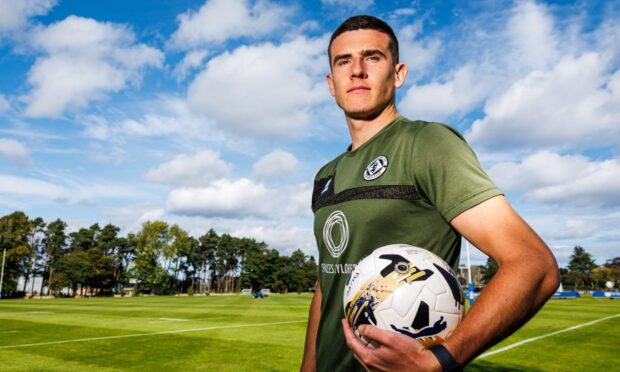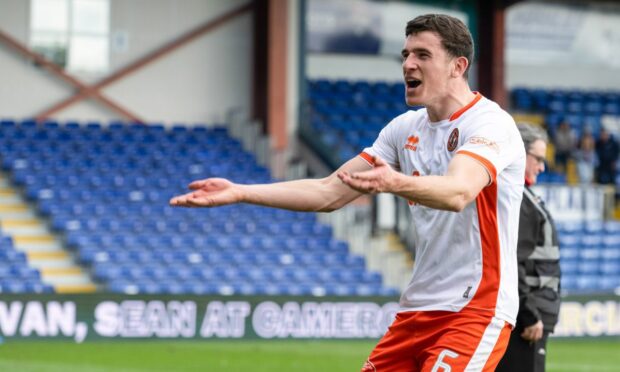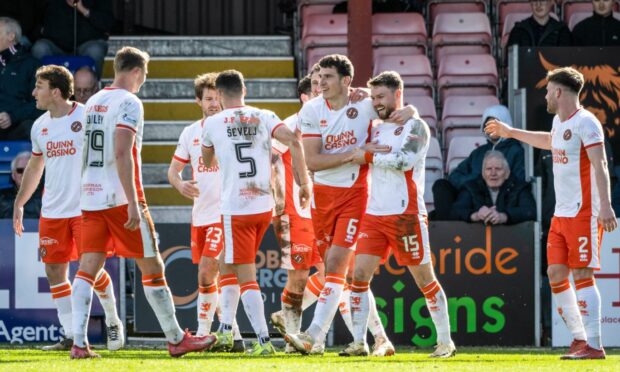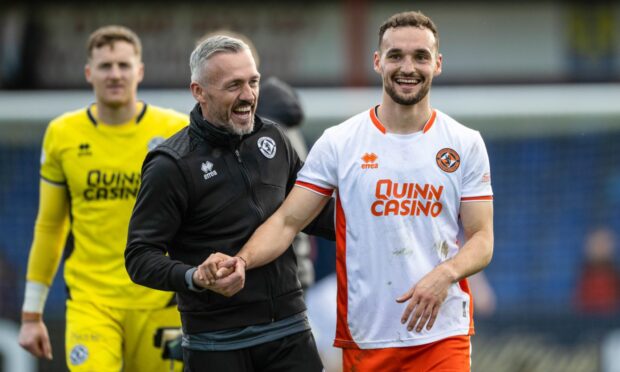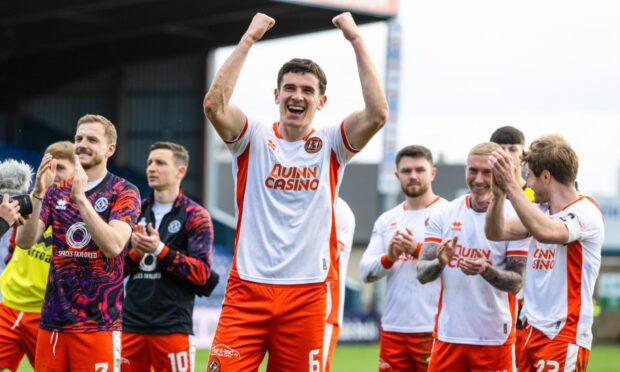There are a few football clubs where you could make a case for saying the most important person is no longer the manager.
Southampton, for example.
They have gone English, Argentinian, Dutch and now French with their last four head coach appointments. Looking at the quality of their scouting department and the regularity with which home-grown youngsters come through the ranks, the Saints could probably hire the next one from Timbuktu and he’d keep them in the Premier League.
By and large though, the old theory that the first team manager is the single most essential individual to ensure the successful running of a club holds true now just as much as it ever did.
Ray McKinnon and Dundee United are a present day case the point.
The six-month anniversary of McKinnon’s appointment has just passed and his impact in that relatively short period of time borders on the transformational.
In pure football terms alone, the former Raith Rovers and Brechin City boss has taken United a good deal further forward than I thought he would have been able to in half a calendar year.
The turn-around in players has probably been the biggest in generations but the bedding in process has been smoother and swifter than a club that was relegated in such traumatic circumstances as United were has any right to expect.
When Hibs – this is a Hibs that has just won the Scottish Cup and is arguably stronger with Neil Lennon at the helm than Alan Stubbs – got off to a flying start I wouldn’t have been surprised if United had been going into this Friday night’s fixture between the sides double figures adrift. And I wouldn’t have criticised McKinnon for it either.
To have the opportunity to draw level with the Easter Road club is a significant achievement in itself.
With the addition of a striker in January and the probable further improvement you would expect from some of the summer buys, this is now a genuine title challenge in the making at Tannadice.
United’s position in the Championship table and the possibility of better days ahead is one way of quantifying the McKinnon impact and the unique powers a manager has to redefine the mood of a football club.
Another is the dimming of the background noise.
I’m not at Tannadice every other week, I’ve not been at supporters’ club meetings and I’m certainly not a regular visitor to online fans’ forums. But my perception is that the ‘get Stephen Thompson out’ campaign has gone quiet.
I’m sure there are plenty of fans who still want Thompson to sell up but it isn’t dominating the Dundee United agenda in the stands, the pubs, on the internet or in the media. The spray paint and old bed sheets have been left in the garage.
Thompson has got a few things right – keeping a low profile, for starters. And the appointment of a street-wise Dundee football man like Jim Spence as a consultant has made a difference as well.
But none of that would count for anything if his manager had underwhelmed.
United would still be a club in crisis, fans would be staying away, and Thompson would be bearing the brunt of escalating fan fury.
McKinnon can’t be described as some sort of managerial Messiah six months into the job. But if the next six culminate in promotion back to the Premiership, it will not be too wide of the mark.
